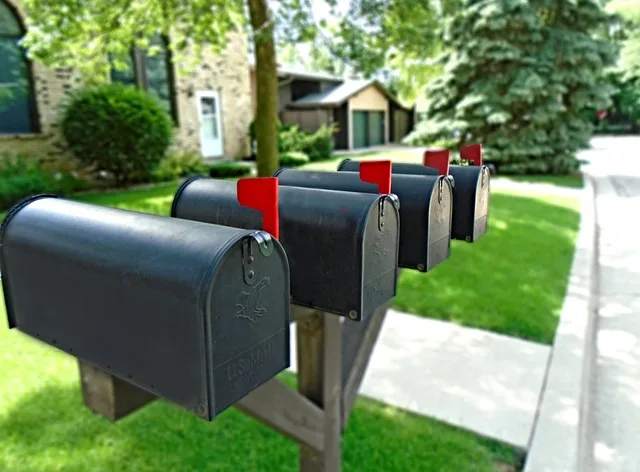Military ID Cards by Mail: More Options

The Defense Department has expanded a pilot program allowing some military families to renew their military ID cards by mail.
A program started in 2023 allowing stateside ID card renewal options for military family members has expanded to include retirees, their dependents, and members of the Reserve to participate.
Now, more military families have expanded options to renew their military IDs without the need to arrange travel to the nearest military base or ID card facility.
An Evolving Process
The 2023 pilot program mentioned above began by introducing some ID card service options meant to build on a partially online system, which allowed some portions of the process to be accomplished remotely but still required in-person pickup.
Under the expanded program, the entire process is fully online, with ID card delivery accomplished through postal mail. Approximately one million people may benefit from these expanded options.
Related: Active Duty Military Benefits Guide
Military ID Cards By Mail
The expanded program is for renewal only. You must get your very first USID in person. There is no by-mail delivery option permitted for the initial card issue. Renewing your card can be done in person or by mail, thanks to the expanded program, with a very important caveat.
This option is only for stateside troops, retirees, family members, and Reserve members. You cannot renew a military ID card by mail from an overseas location, presumably due to security issues.
How to Order U.S. Military ID Cards by Mail
The first step is determining your need. Anyone updating a military ID card must ensure they have their most current information listed in DEERS, including the contact address where the ID cards are mailed. You cannot update an ID card by mail if the addresses in DEERS are not stateside.
- You may need certain documents to verify your identity including any unexpired federal government you have currently.
- All applicants should assume they must provide a birth certificate, marriage certificate, divorce decree, or other official document as well as proof of residence in your area where required.
- Apply to renew or replace your military ID at the official DoD ID Card Office Online.
Your current ID card must NOT be expired. You can’t renew by mail if your card is past the expiration date unless you have received specific instructions to the contrary.
Also, you must have a photo in DEERs taken within the last 12 years. You must also update DEERS with your current email address. Once you get a military ID card in the mail, you must log on to the ID Card Office Online (see link above) to acknowledge you have received it.
What to Know About Military ID Cards
Newcomers to military life have much to learn about how the military works and how troops and families navigate the system. The military ID card is one of the most basic components of your identity as a military-affiliated person. Why?
The ID card is the modern version of the secret handshake or “the password” that gets you into otherwise restricted areas.
That isn’t as exciting as it sounds. You don’t get automatic access to controlled parts of a military base just because you have an ID card. Instead, that card allows you entry to the base, access to the Commissary, other on-post amenities, etc.
Over the years, military members have known their ID cards by different names depending on when and where it was issued. The most current type of official military ID is known as a Uniformed Services ID card, also known as USID. It is used to prove your identity and your “connection to the DOD” for “certain military services and programs,” according to the DoD.
Military ID cards are considered “controlled,” meaning they are the property of the DoD and not the servicemember or family member. You must turn in old ID cards when replacing them.
If lost or stolen the DoD has specific procedures for reporting and recovering from the incident, but the ID card should be treated somewhat akin to classified information, at least where keeping a close hold on the card for security’s sake is concerned.
Related: Active Duty Military Benefits Guide
About the author
Editor-in-Chief Joe Wallace is a 13-year veteran of the United States Air Force and a former reporter/editor for Air Force Television News and the Pentagon Channel. His freelance work includes contract work for Motorola, VALoans.com, and Credit Karma. He is co-founder of Dim Art House in Springfield, Illinois, and spends his non-writing time as an abstract painter, independent publisher, and occasional filmmaker.


